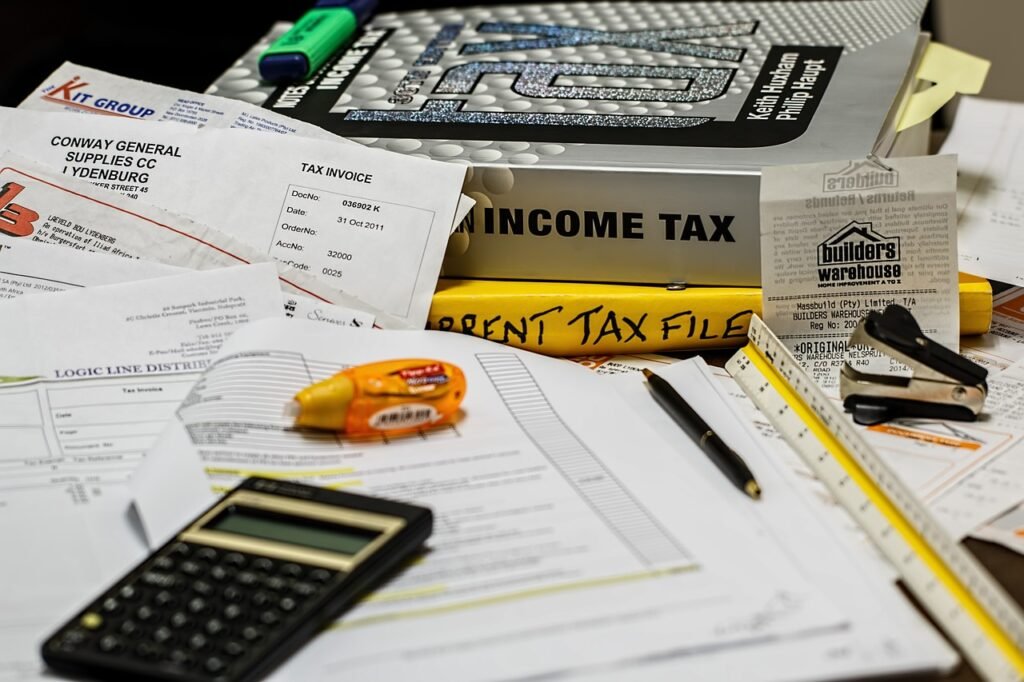
Uttar Pradesh VAT Rules, 2008
The Uttar Pradesh VAT Rules, 2008 were established to govern the implementation of the Uttar Pradesh Value Added Tax Act, 2008. These rules outline the procedures, requirements, and legal framework for the administration of VAT in the state of Uttar Pradesh. Below is a high-level overview of the key sections and provisions within the rules.
Registration
- Every dealer whose turnover exceeds the prescribed limit is required to register under the VAT system.
- There are provisions for voluntary registration for dealers with turnovers below the threshold.
- Separate provisions for registration of businesses transferring from other states.
Input Tax Credit (ITC)
- Eligibility: Dealers can claim Input Tax Credit on the tax paid on purchases of goods used for business purposes.
- Restrictions: ITC is not allowed on certain goods like motor vehicles or goods used for personal use.
- Adjustment: Unutilized ITC can be carried forward or refunded under certain conditions.
Tax Invoices
- Dealers are required to issue tax invoices for all taxable sales.
- The invoice must contain specific information, including the VAT number, description of goods, value, and the amount of VAT charged.
Returns and Payment of Tax
- Dealers are required to file periodic VAT returns (monthly, quarterly, or annual based on turnover).
- Payment of VAT must be made along with the return filing. Delayed payments attract interest and penalties.
- There are provisions for electronic filing of returns.
Assessment
- Self-assessment based on returns filed by the dealer.
- Provisions for scrutiny and audit of accounts by the VAT authorities.
- The VAT authorities can reassess the returns in case of discrepancies or suspicious transactions.
Penalties and Offences
- Penalties are prescribed for non-registration, delayed filing of returns, or underreporting of tax.
- Offences like fraudulent activities, issuing false invoices, or obstruction of audit attract severe penalties, including prosecution.
Refunds
- Provisions for refunds in case of excess VAT paid or unutilized Input Tax Credit.
- Procedures for claiming refunds, including the submission of supporting documents and verification by the authorities.
Appeals and Revision
- Dealers can appeal against VAT assessments or orders passed by the authorities.
- There are provisions for filing revisions or rectifications in case of any errors in the assessment orders.
Special Schemes
- Composition Scheme: Small dealers with a lower turnover can opt for a composition scheme, where they pay VAT at a fixed percentage of their turnover instead of calculating tax on each transaction.
- Provisions for works contracts, leasing, and transfer of right to use goods, with different treatment under the VAT regime.
Transitional Provisions
- Special rules apply for the transition from previous sales tax regimes to VAT, ensuring smooth continuity for businesses.
Important Forms:
- VAT registration forms
- Return forms (monthly/quarterly/annual)
- Forms for Input Tax Credit claim
- Forms for filing appeals, refunds, and assessments.
Exemptions and Schedules:
- The rules outline specific exemptions for goods and services that are not taxable under the VAT regime.
- The schedules attached to the rules provide a detailed list of taxable goods and their respective VAT rates.
Do you have any query?
We will be more than happy to be of help to you!

